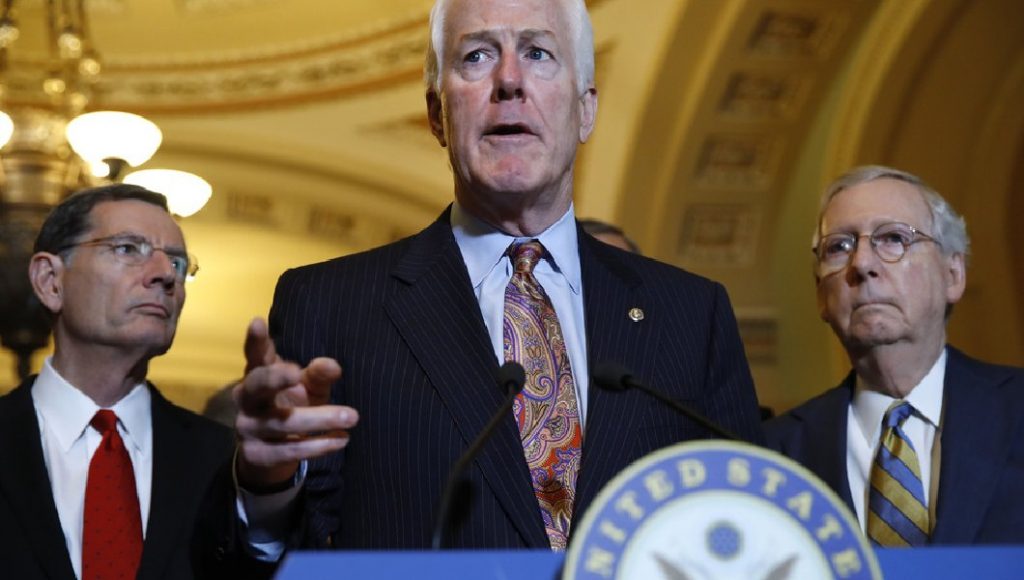Senate Majority Whip John Cornyn (R-TX) appeared as a witness before the Senate Banking Committee Thursday morning to pitch legislation to reform and expand the Committee on Foreign Investment in the United States, but a panel of academics and business representatives later voiced concerns about the bill’s breadth.
[Jack Caporal | January 18, 2018 | Inside US Trade]
The hearing came roughly a week after Rep. Andy Barr (R-KY) the chairman of the House Financial Services subcommittee, which oversees the foreign investment watchdog, pledged to move a CFIUS reform bill to the president’s desk by August — though not necessarily Cornyn’s bill. Since then sources have told Inside U.S. Tradethat time line is ambitious, and that Barr’s lack of commitment to Cornyn’s bill stems from opposition among some in the business community who are growing more vocal about the dangers they think the bill could create.
More business groups and trade associations have begun to take a harder look at Cornyn’s bill, the “Foreign Investment Risk Review Modernization Act,” or FIRRMA, and have begun to spin up outreach efforts on Capitol Hill, sources said. That outreach is being conducted mostly by individual businesses and not trade associations, as many groups’ members are split over whether to back the bill or oppose it, sources said.
One source told Inside U.S. Trade that some proponents of the bill, including the software company Oracle, view it as a means to secure their existing footholds in the Chinese market and make it more difficult for other foreign companies to compete there. The bill could make it harder for U.S. companies to invest in China because it would allow CFIUS to review a wider range of investments, as long as some technology is transferred, while companies like Oracle, which already do business in China, would not have to worry about the new, stricter review, the source said.
Opponents of FIRRMA argue that it would overburden CFIUS by turning it into an export control agency because it would allow CFIUS members to review transactions that could result in the transfer of U.S. technology and intellectual property to foreign entities even without a shift in ownership of the company being invested in. Critics of the bill say it would also hamstring international export control regimes.













